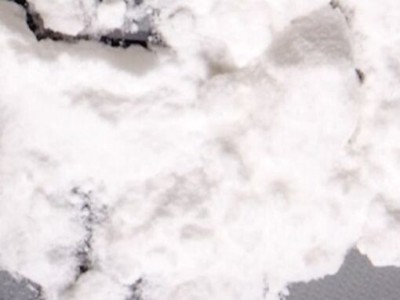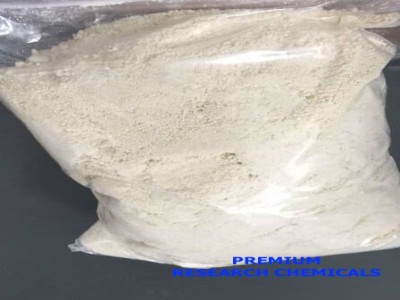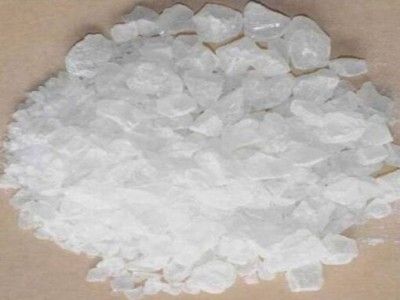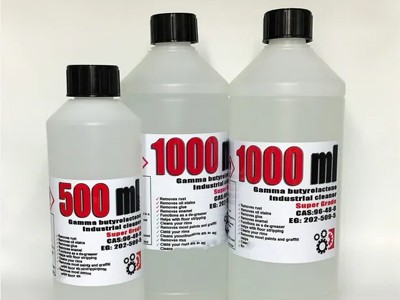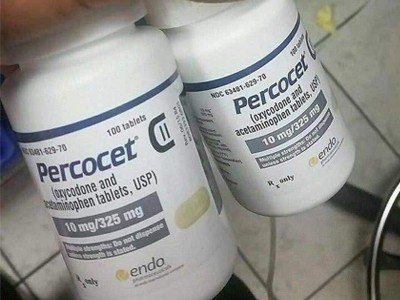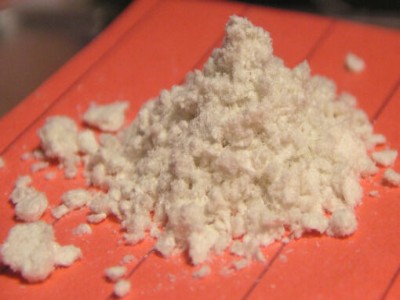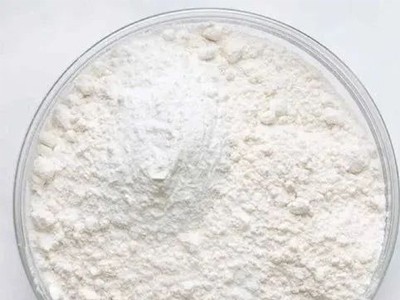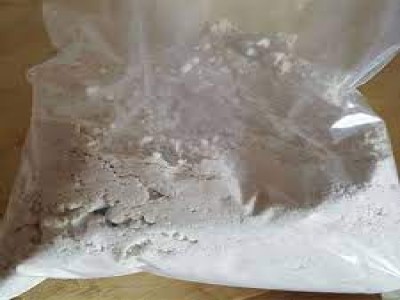Heroin
- Home
- Product Details
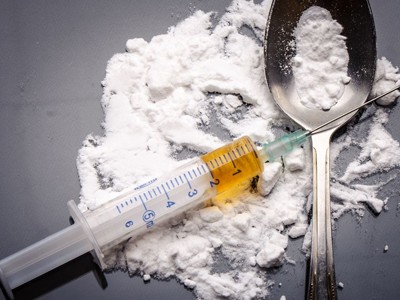
Heroin
$750.00
Quick Payment
100% New
Fast Delivery
- Description
- Additional Information
Heroin is a highly addictive opioid drug synthesized from morphine, a natural substance extracted from the seed pod of certain varieties of the poppy plant. It typically appears as a white or brown powder or as a black sticky substance known as "black tar heroin." Heroin is commonly injected, snorted, or smoked and is known for its intense euphoric effects and high risk of dependence.
Key Facts:
-
Drug Class: Opioid (Schedule I Controlled Substance)
-
Common Street Names: Smack, H, Dope, Horse, Brown Sugar
-
Routes of Use: Injection, inhalation, smoking, snorting
-
Risks: Addiction, overdose, infectious disease transmission, respiratory depression, death
Public Health Warning:
Heroin use carries serious health risks, including the potential for fatal overdose. It is illegal in most countries and has no accepted medical use outside of very limited settings in a few jurisdictions. The unregulated nature of street heroin increases the risk of contamination with deadly substances like fentanyl, which drastically increases overdose potential.
Treatment Options:
People struggling with heroin addiction are strongly encouraged to seek professional help. Evidence-based treatment options include:
-
Medication-Assisted Treatment (MAT): Methadone, Buprenorphine (Suboxone), and Naltrexone
-
Counseling and Behavioral Therapies
-
Detox and Residential Programs
-
Community Support Networks
Resources for Help: If you or someone you know is affected by opioid use disorder, contact local health authorities or addiction services immediately.

